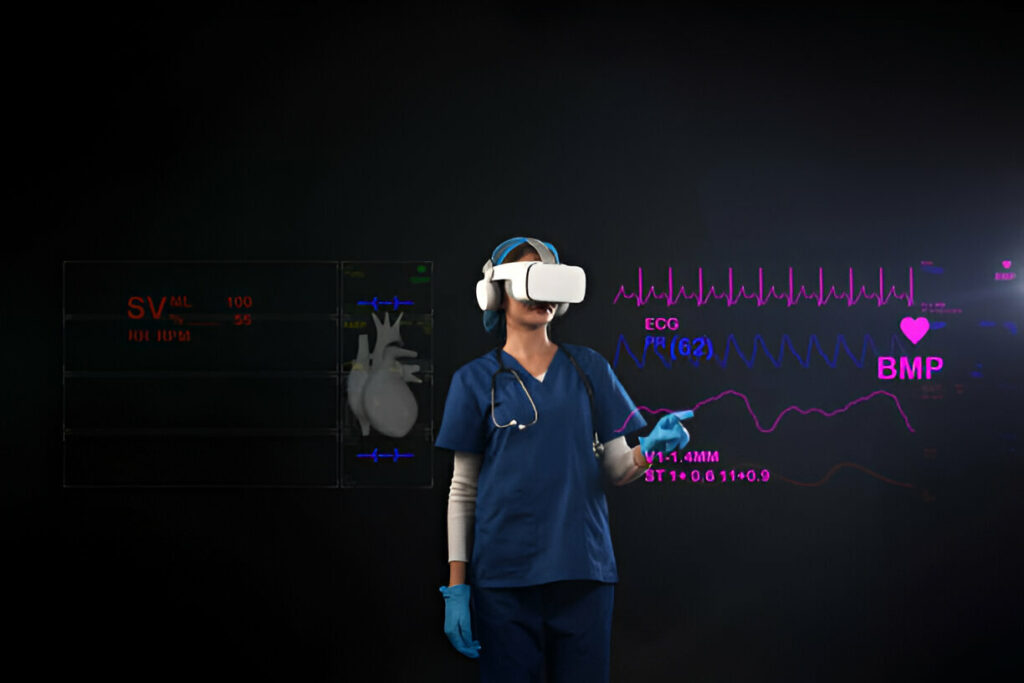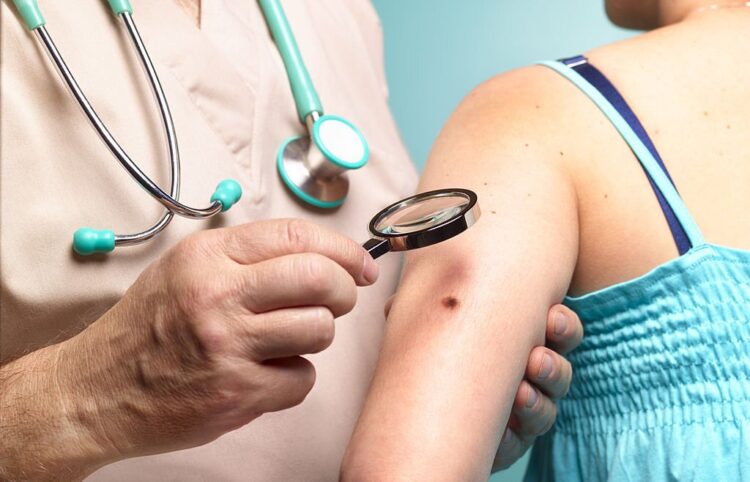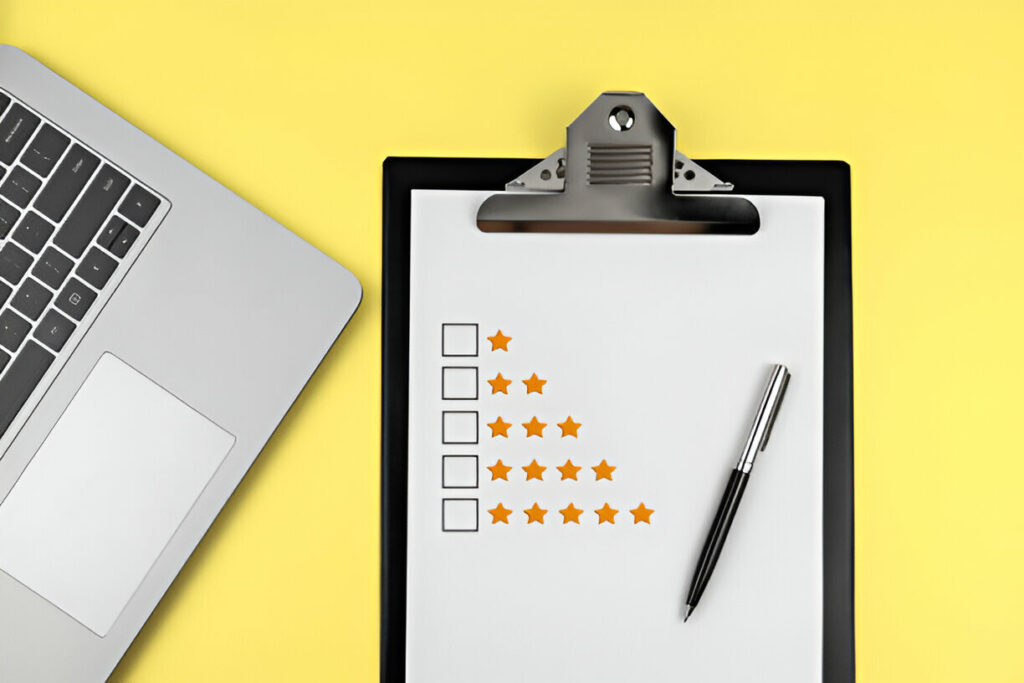Last Updated on March 9, 2025 by II Editor
The journey to becoming a nurse is one of dedication, perseverance, and a commitment to lifelong learning. For nursing students, the foundation of their academic and professional success often lies in the resources they choose to guide them. With the ever-evolving nature of healthcare and nursing practices, possessing the right books can make a world of difference. In this comprehensive guide, we’ll explore the essential books every nursing student should own to excel in their studies and develop a strong foundation for their future career.
The Importance of Owning the Right Nursing Books
For nursing students, textbooks serve as both a roadmap and a compass. They provide in-depth knowledge on topics ranging from anatomy and pharmacology to clinical procedures and patient care. Additionally, well-chosen books can help students develop critical thinking skills and prepare for licensing exams such as the NCLEX-RN or OSCE. Owning these resources ensures that students have quick and reliable access to information, making their academic journey smoother and more efficient.
Let’s dive into the must-have books for nursing students, categorised by their area of focus.
1. Foundational Nursing Textbooks
“Fundamentals of Nursing” by Patricia A. Potter, Anne Griffin Perry, Patricia Stockert, and Amy Hall
This textbook is a cornerstone for nursing students, offering a comprehensive overview of fundamental nursing concepts. Covering topics such as patient care, communication, and the nursing process, it is a go-to resource for first-year students.
Key Features:
- Step-by-step procedures with clear illustrations.
- Evidence-based practice guidelines.
- Case studies and critical thinking exercises to enhance problem-solving skills.
“Medical-Surgical Nursing: Assessment and Management of Clinical Problems” by Sharon L. Lewis, Shannon Ruff Dirksen, and Margaret McLean Heitkemper
Focused on adult health nursing, this book provides an in-depth understanding of medical and surgical conditions. It’s invaluable for clinical rotations and understanding complex patient scenarios.
Key Features:
- Pathophysiology explanations for various conditions.
- Nursing interventions and rationales.
- Review questions to test comprehension.
2. Anatomy and Physiology
“Gray’s Anatomy for Students” by Richard L. Drake, A. Wayne Vogl, and Adam W. M. Mitchell
Understanding human anatomy is crucial for nurses. This book offers detailed yet easy-to-understand descriptions of the human body, making it an indispensable resource for nursing students.
Key Features:
- Full-colour illustrations to enhance learning.
- Clinical notes linking anatomy to practical applications.
- Self-assessment tools for exam preparation.
“Essentials of Human Anatomy & Physiology” by Elaine N. Marieb
For those seeking a more concise yet informative anatomy and physiology textbook, this book delivers foundational knowledge with clarity.
Key Features:
- Simplified language suitable for beginners.
- Focus on key concepts.
- Interactive online resources for supplementary learning.
3. Pharmacology
“Pharmacology and the Nursing Process” by Linda Lane Lilley, Shelly Rainforth Collins, and Julie S. Snyder
Pharmacology can be a daunting subject, but this book simplifies complex concepts and focuses on the practical application of drug knowledge.
Key Features:
- Drug classifications and their mechanisms of action.
- Dosage calculations and safety tips.
- Case studies to enhance understanding.
“Davis’s Drug Guide for Nurses” by April Hazard Vallerand and Cynthia A. Sanoski
This guide is a must-have for quick reference during clinical practice. It includes comprehensive drug information and nursing considerations.
Key Features:
- Detailed drug monographs.
- Alerts for high-risk medications.
- Mobile app access for on-the-go reference.
4. Nursing Diagnosis and Care Planning
“Nursing Diagnosis Handbook: An Evidence-Based Guide to Planning Care” by Betty J. Ackley and Gail B. Ladwig
This book provides a detailed guide to formulating nursing diagnoses and creating effective care plans.
Key Features:
- Step-by-step guidance on writing care plans.
- Evidence-based interventions.
- Templates and examples for practical use.
“NANDA International Nursing Diagnoses: Definitions and Classification”
As the official resource for nursing diagnoses, this book is essential for mastering the language of nursing care.
Key Features:
- Updated diagnoses and classifications.
- Clear explanations and practical examples.
- Links between nursing diagnoses and outcomes.
5. Exam Preparation
“Saunders Comprehensive Review for the NCLEX-RN Examination” by Linda Anne Silvestri
This is the ultimate study guide for nursing students preparing for the NCLEX-RN. It covers all major topics and includes practice questions to reinforce learning.
Key Features:
- Over 5,000 practice questions.
- Test-taking strategies and tips.
- Detailed rationales for answers.
“Lippincott Q&A Review for NCLEX-RN” by Diane Billings
Another excellent resource for NCLEX preparation, this book focuses on question-and-answer practice to help students build confidence.
Key Features:
- Thousands of practice questions.
- Rationales and test-taking strategies.
- Online resources for additional practice.
6. Specialised Nursing Fields
“Maternity and Women’s Health Care” by Deitra Leonard Lowdermilk and Shannon E. Perry
For students focusing on maternity nursing, this book provides comprehensive coverage of women’s health and neonatal care.
Key Features:
- Evidence-based practices in maternity care.
- Case studies and clinical scenarios.
- Interactive learning tools.
“Psychiatric Mental Health Nursing” by Sheila L. Videbeck
Mental health is an integral part of nursing. This book equips students with the knowledge to provide compassionate and effective mental health care.
Key Features:
- Insights into psychiatric disorders and treatments.
- Communication techniques and therapeutic approaches.
- Real-world case studies.
7. Additional Resources
“The Nurse’s Pocket Guide” by Marilynn E. Doenges, Mary Frances Moorhouse, and Alice C. Murr
This compact guide is perfect for quick reference during clinical practice. It provides concise information on nursing diagnoses, interventions, and rationales.
“Mosby’s Dictionary of Medicine, Nursing & Health Professions” by Mosby
A reliable medical dictionary is a valuable resource for any nursing student, and Mosby’s is one of the best.
Key Features:
- Over 56,000 definitions.
- Full-colour illustrations.
- Quick reference tables and appendices.
Conclusion
Investing in the right books is one of the smartest decisions a nursing student can make. These resources not only support academic success but also lay the groundwork for a successful and fulfilling career in nursing. From foundational textbooks to specialised guides and exam preparation materials, each book plays a vital role in shaping a well-rounded, knowledgeable, and competent nurse.
As you build your library, remember that these books are more than just academic tools—they are companions in your journey to becoming a trusted healthcare professional. Choose wisely, and let your learning be guided by the best resources available. With the right books at your side, you’ll be well-equipped to navigate the challenges of nursing school and beyond.









